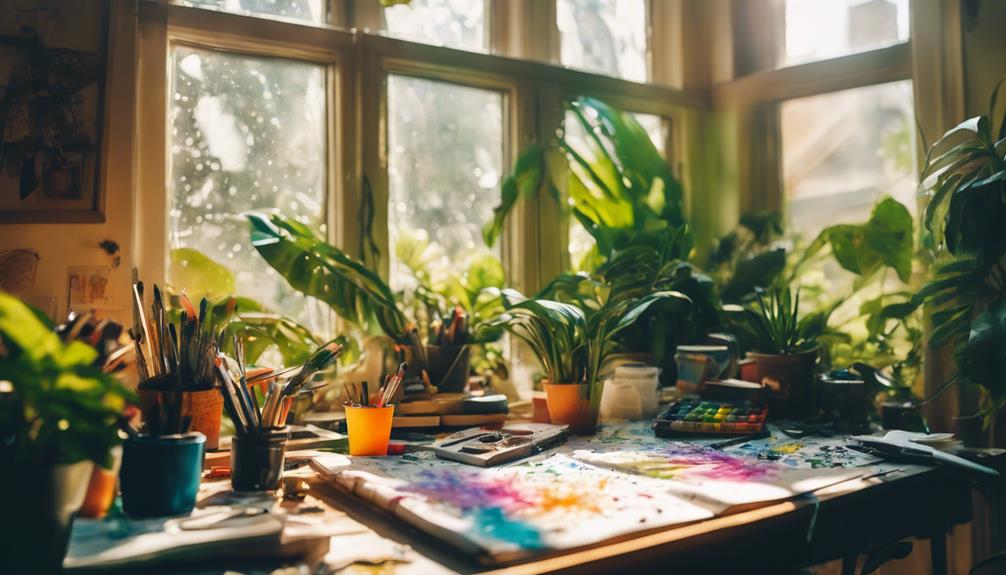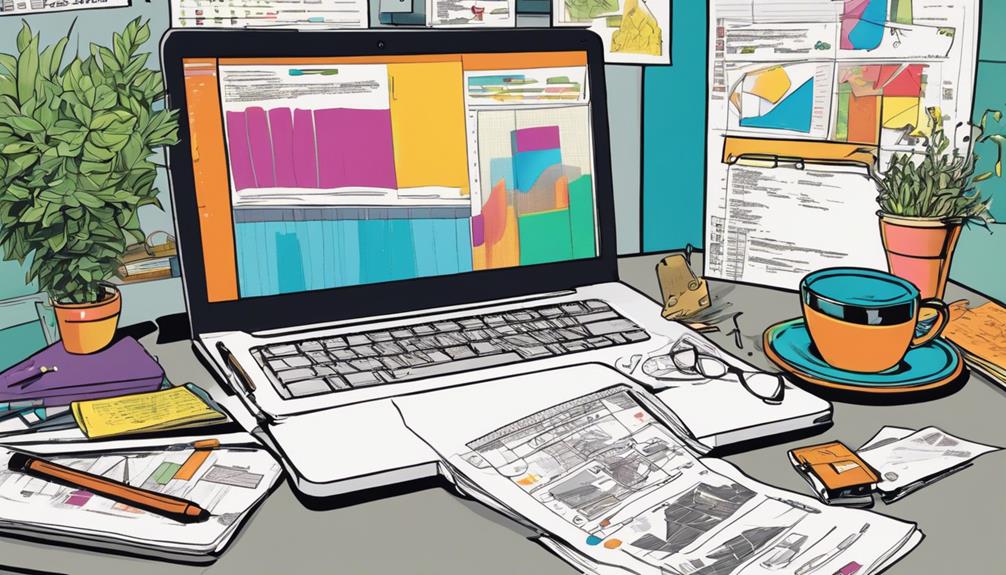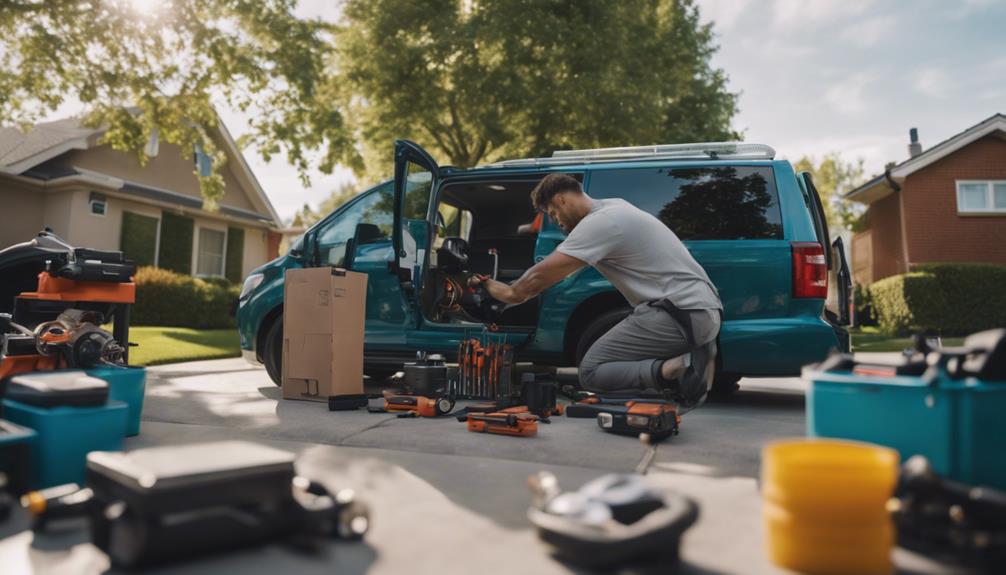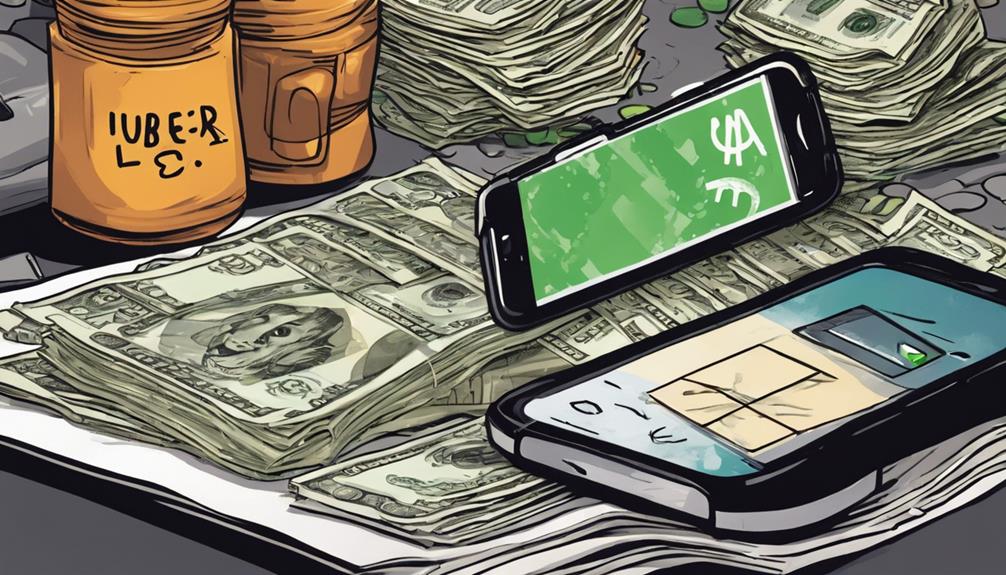Releasing your creative potential in design begins with embracing your unique style. This distinctive approach not only differentiates your work but also showcases your artistic voice. Experimenting with various design mediums enriches your creative expression. Collaborating with other creatives fosters dynamic idea exchanges, leading to innovative solutions. Setting realistic goals provides a structured framework for growth, while seeking feedback promotes continuous improvement. Engaging with peers and mentors enhances your skill set and opens avenues for collaboration. By adopting these strategies, you can elevate your design practice and achieve greater artistic fulfillment. Explore further to uncover additional insights.
Key Takeaways
- Embrace your unique style to differentiate your work and showcase your artistic voice in a competitive marketplace.
- Experiment with various design mediums to enrich your creative expression and broaden your artistic vocabulary.
- Collaborate with other creatives to gain fresh perspectives and innovative solutions through dynamic exchanges of ideas.
- Set realistic, SMART goals to identify areas for growth and maintain motivation in your design journey.
Embrace Your Unique Style
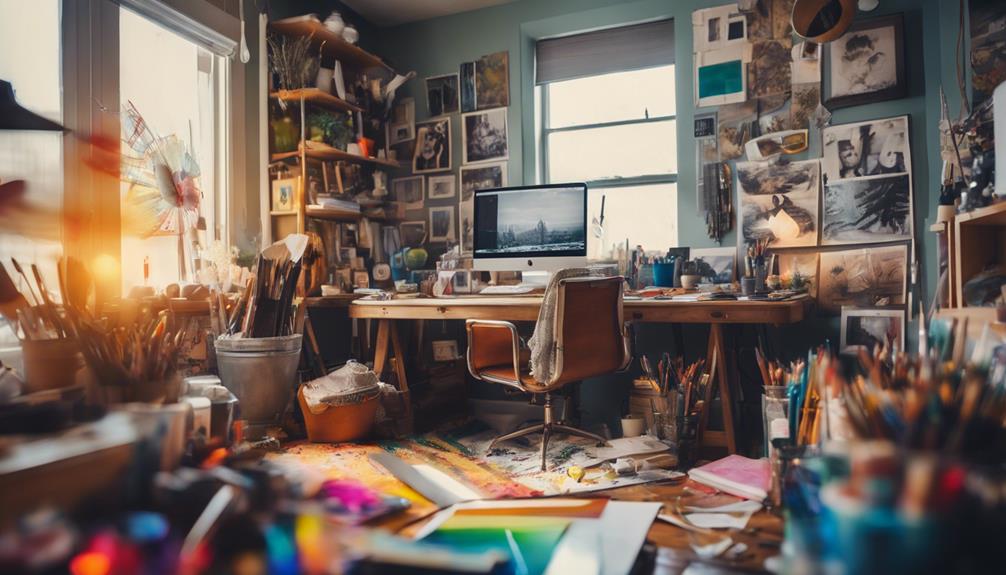
Embracing your unique style in graphic design is essential for distinguishing your work in a competitive marketplace and attracting clients who resonate with your creative vision. A distinctive style not only showcases your artistic voice but also communicates your brand identity effectively.
It is vital to explore various influences and techniques that inspire you while integrating them into your design process. By doing so, you create a signature aesthetic that reflects your individuality and sets you apart from other designers. This personal touch can lead to increased recognition and loyalty from clients.
In addition, staying true to your style fosters authenticity, making your work more relatable and appealing to your target audience, ultimately enhancing your professional growth in the industry.
Explore Different Design Mediums

Exploring different design mediums enhances your unique style by allowing you to experiment with various techniques and materials that can enrich your creative expression. Engaging with diverse mediums—such as digital illustration, printmaking, or mixed media—broadens your artistic vocabulary and encourages innovative thinking. Each medium brings its own characteristics and challenges, which can lead to unexpected solutions and inspire new concepts.
Moreover, familiarity with various tools and methods can greatly elevate your design capabilities, enabling you to communicate ideas more effectively. Embracing different mediums not only fosters technical skills but also cultivates adaptability and resilience in your creative journey.
Collaborate With Other Creatives
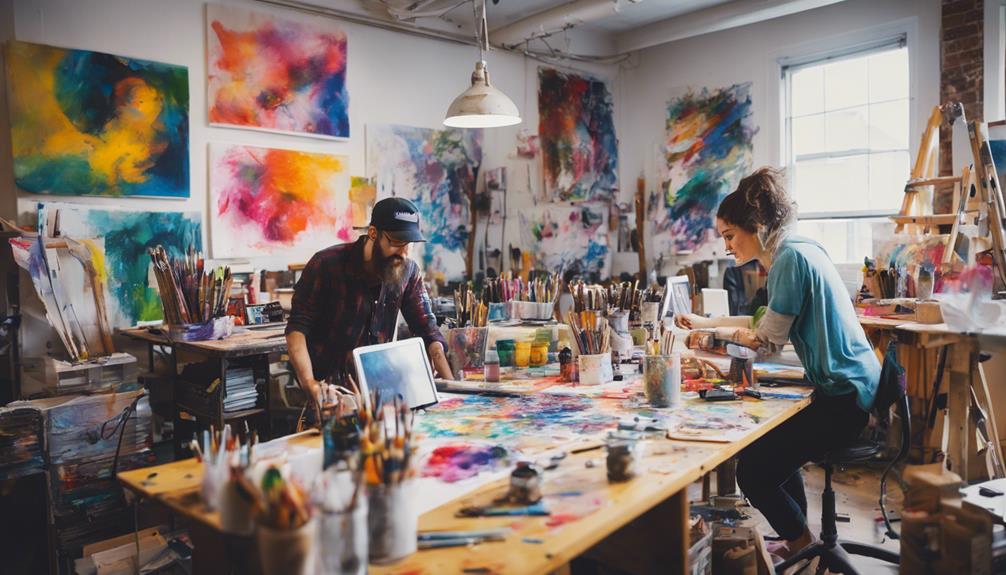
Collaborating with other creatives can greatly enhance your design projects by fostering a dynamic exchange of ideas and perspectives. Through collaboration, designers can challenge each other's thinking, leading to innovative solutions that may not have been conceived individually. Working with diverse talents also broadens your skill set and expands your professional network.
| Type of Collaboration | Benefits | Tips for Success |
|---|---|---|
| Cross-disciplinary | Fresh perspectives | Be open-minded |
| Project-based | Shared resources | Set clear roles |
| Informal brainstorming | Creative synergy | Encourage all voices |
Engaging with others not only enriches the creative process but can also lead to exciting new opportunities and projects that advance your career.
Set Realistic Goals for Growth
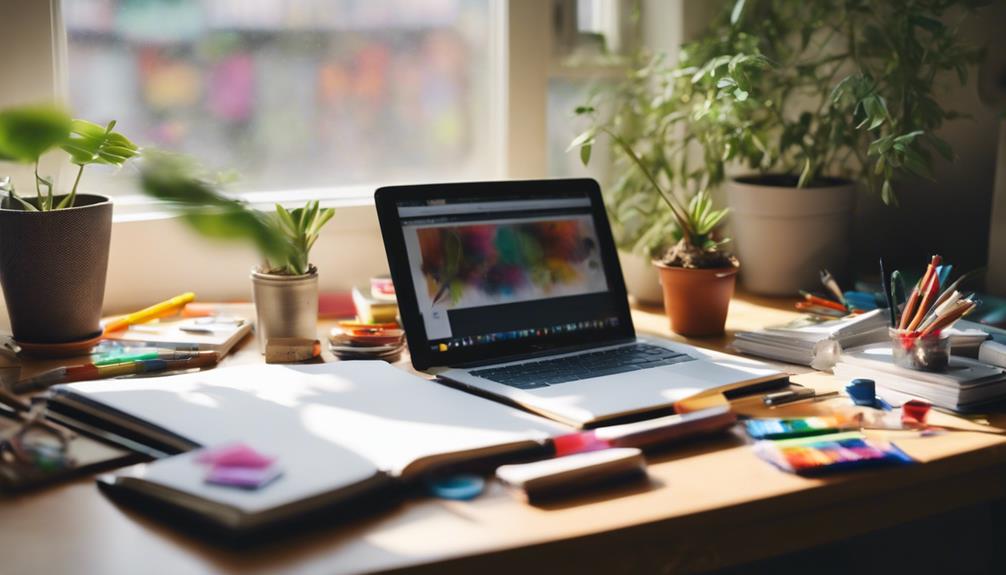
Setting realistic goals for growth is an essential step in maximizing the benefits gained from collaborative efforts with other creatives, as it helps to focus your ambitions and track your progress effectively.
Begin by evaluating your current skills and identifying areas for improvement. Establish specific, measurable, achievable, relevant, and time-bound (SMART) goals that align with your long-term vision.
Break these goals into smaller, manageable tasks to maintain motivation and guarantee steady progress. Regularly review and adjust your goals based on your evolving interests and experiences.
This structured approach not only enhances your creative capabilities but also builds confidence, allowing you to navigate the competitive landscape of design with clarity and purpose.
Embrace this strategic mindset to release your full potential.
Seek Feedback and Iterate
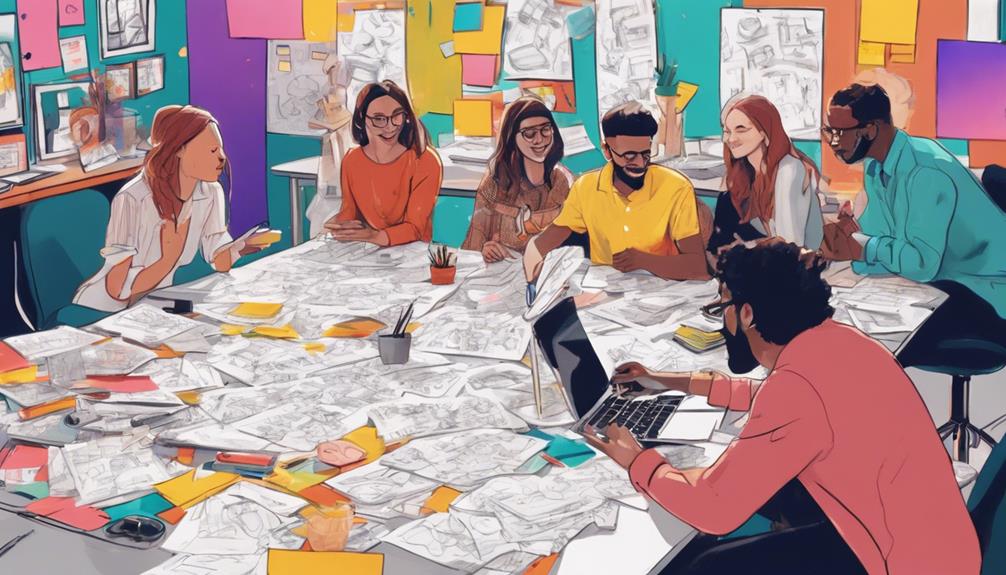
Seeking constructive feedback is an important component of the design process, as it fosters continuous improvement and innovation. Engaging with peers, clients, and mentors allows designers to gain diverse perspectives that enhance their work.
This dialogue not only identifies strengths but also uncovers areas for refinement. Iteration based on feedback is essential; it transforms initial concepts into polished final products.
Establishing a systematic approach to solicit and incorporate feedback can greatly elevate the design's effectiveness. Additionally, creating an open environment where critique is welcomed encourages collaboration and creativity.
Ultimately, embracing feedback and iterating on designs paves the way for greater success and the realization of one's creative potential in the competitive landscape of graphic design.
Conclusion
In the pursuit of revealing creative potential in design, embracing individuality and diverse mediums proves essential. To fully harness the creative potential in design, it is crucial to explore unique perspectives and unconventional methods. Embracing individuality allows for a more authentic and personal approach, leading to truly innovative and impactful designs. This is especially evident in areas such as event planning, where brainstorming unique marriage proposal ideas requires the willingness to think outside the box and adapt to the diverse preferences of different couples.
Collaborating with other creatives and setting realistic growth goals fosters an environment conducive to innovation.
Seeking constructive feedback and iterating on designs enhances skill development.
Ultimately, steering through the evolving landscape of graphic design requires a commitment to continuous learning and adaptation.
By taking the bull by the horns, designers can not only refine their craft but also position themselves for success in a competitive industry.
